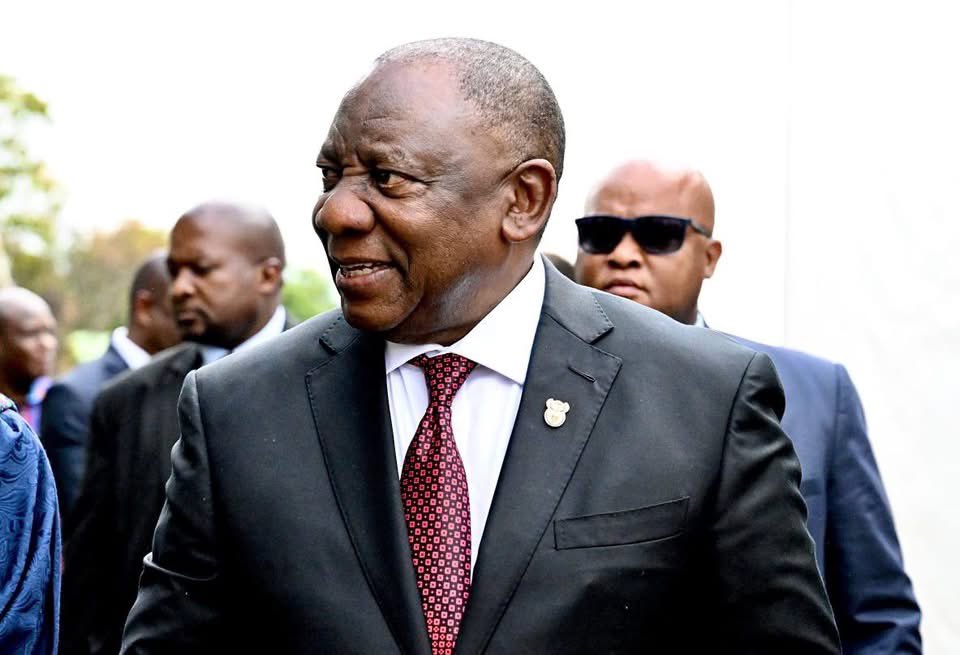News
ANC Defends BEE Amid Growing Criticism and Calls for Beneficiaries to Speak Out

The African National Congress has gone on the offensive, calling on all who have benefited from Black Economic Empowerment to speak out against critics pushing to dismantle the policy.
The appeal comes after the Democratic Alliance released a policy document condemning ANC initiatives like BEE and land expropriation as “destructive” to the economy and skewed toward political elites.
BEE’s intended purpose
In a statement, the ANC reiterated that Broad-Based Black Economic Empowerment is meant to “address historical inequalities and build a society founded on democratic principles, social justice and human rights.”
The party acknowledged some unintended outcomes, including the emergence of a new elite. Yet instead of scrapping BEE, the ANC said thorough research is needed to assess the policy’s effectiveness, while maintaining reforms that ensure wider participation.
“The ANC reiterates that B-BBEE, in terms of our democratic framework, is designed to benefit black South Africans,” the party said, highlighting that the policy also extends benefits to historically marginalized white women.
From 2023 to 2024, an estimated R112 billion was invested into black-owned businesses, training, and broader economic participation, the party noted.
A call to action for beneficiaries
The ANC is now urging professionals, business owners, and workers who have benefited from BEE to defend the policy. “Stand in defence of your gains and reject any political agenda aimed at reversing progress made,” the party said.
On social media, the call has sparked debate, with some beneficiaries expressing pride in their progress, while critics argue that BEE has largely enriched a politically connected elite.
Criticism grows at home and abroad
Critics, including business groups and researchers, contend that the wealth generated by BEE has been concentrated in fewer than 100 hands since 1994, creating a cycle of repeated empowerment for the same individuals.
Economist Prof. William Gumede says BEE has become a model of corruption, with companies formed solely to secure contracts. The Free Market Foundation and Solidarity Research Institute also warn that BEE imposes a 2% to 4% compliance cost on corporations, cumulatively costing the economy over R5 trillion in growth.
The Democratic Alliance echoed these concerns this week, saying BEE has contributed to economic stagnation, persistent high unemployment, and declining GDP per capita. Internationally, the United States has also raised concerns, viewing the policy as a deterrent to investment and closer economic ties.
Balancing transformation with economic growth
For the ANC, BEE remains a cornerstone of transformation, despite its challenges. Analysts say the key question now is whether the party can reform the policy to broaden its reach, while addressing inefficiencies and perceptions of elitism, so that it truly serves the majority of South Africans rather than a select few.
{Source: BusinessTech}
Follow Joburg ETC on Facebook, Twitter , TikTok and Instagram
For more News in Johannesburg, visit joburgetc.com















